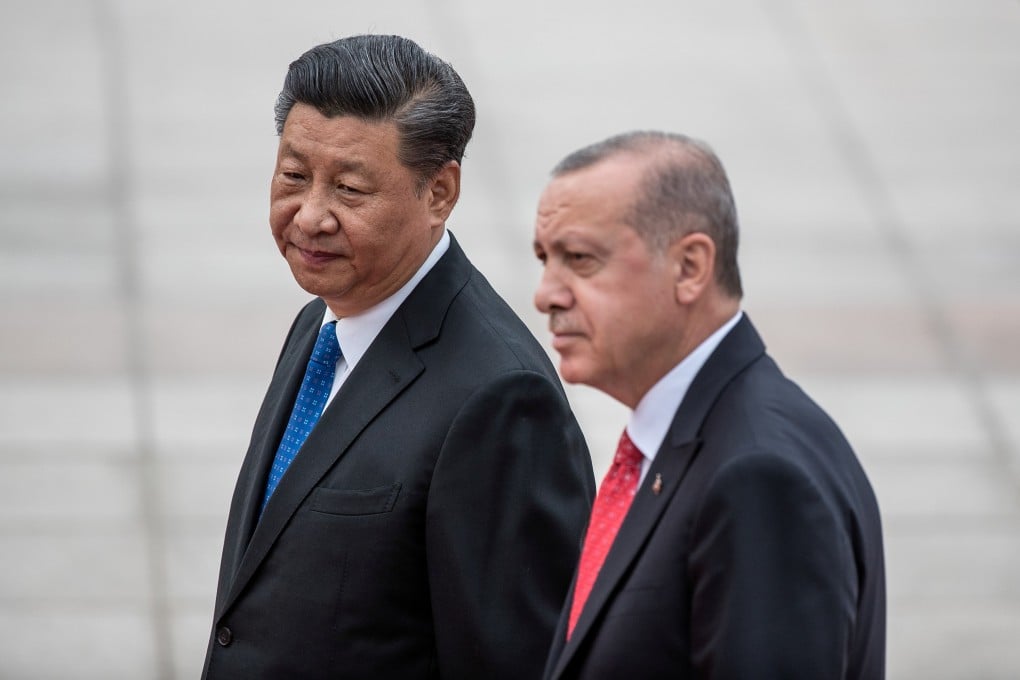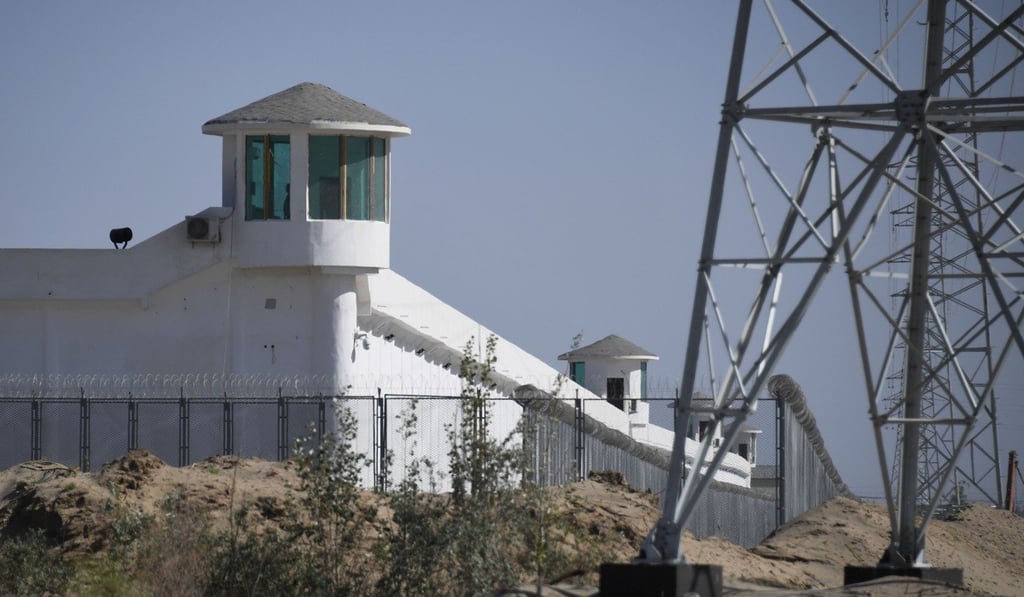Turkish President Recep Tayyip Erdogan’s ‘happy Xinjiang’ comments ‘mistranslated’ in China
- Turkish officials claim Beijing refused to correct the record when error spotted in statement of meeting with Xi Jinping

Ankara has sought to distance itself from Chinese state media reports suggesting that Turkish President Recep Tayyip Erdogan supports Beijing’s policies in Xinjiang, according to diplomatic sources.
At a closed-door gathering of diplomats at the Turkish embassy in Beijing last week, Turkish officials said Erdogan’s comments about the troubled region in China’s far west were mistranslated and Beijing refused to correct them.
According to a report by Chinese state news agency Xinhua, Erdogan told Chinese President Xi Jinping during a trip to Beijing on July 2 that people in Xinjiang “live happily”.
“It is a fact that the peoples of China’s Xinjiang region live happily in China’s development and prosperity,” the report paraphrased the Turkish leader as saying.

But Turkish officials at the embassy meeting last week said the comment was mistranslated by the Turkish side and Beijing refused to correct the statement once the error was detected, according to people with knowledge of the meeting.